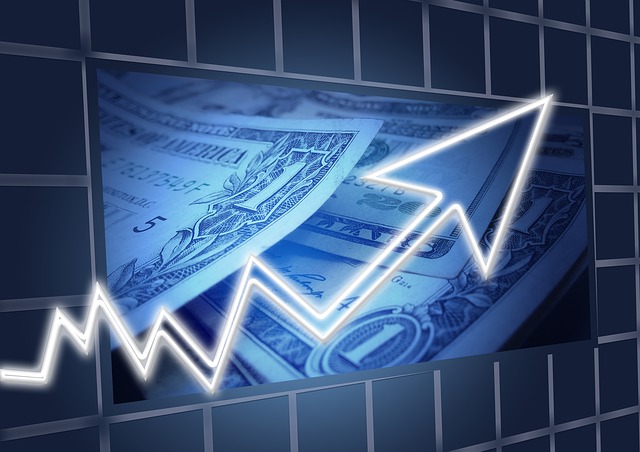Have you ever wondered that most people who make money are using controlled trades? Controlled trades are decisions that are made based on the situations. Instead of taking a guess, they would analyze the market and conclude. They also have backup plans if the prediction does not go according to plan. In these situations, the investors make money but this also takes a lot of time to set up these trades.
In this article, we are going to explain why this method is a good rewarding method. Most think they will simply trade on a hunch by guessing where the trend will go. This is not the right way to manage the fund. Investment is not a superstitious market but an analytical industry. The person who makes the most out of this analysis will achieve the results.
The losses are contained
The first benefit of using a controlled system is controlling the losses. Most losses run free and they damage the career. We all are aware of the stop-losses which can save the account but not many investors use them. They believe they have got the situation under control and make the market decide their fate. This is the mistake that the majority makes in Forex. Every trader should try to contain the losses. Even if that is of only one dollar, it can affect the capital as most start their career with micro-account.
When losses are controlled by the people, the rewards get substantial automatically. They have more money in the account and even with losses manage the maintain a consistent profit. This makes this method extremely desirable among investors. So, try to start your trading business with a decent capital. Think about the professional traders who trade commodities. All of them have decent capital since they know a big capital reduces the stress associated to trading profession.


They have no risky methods
Controlled trades imply no risky techniques. As the term suggests controlled, all actions are monitored closely by the person. If there are any dangers, he is notified immediately by the trading platform and they can change the plan. This sounds like a science fiction plot but when investors are managing the fund, they need to have control of the capital. Forex is unpredictable and any risks can affect the market balances. Some of you might think, you can master a professional trading edge and avoid losing trades. But this will never happen in the investment business. No one has the power to predict the future market so everyone should trade with managed risk.
Although many will say this is not true as Forex is dangerous, the chance of losing money is slim. Even if you get caught in volatility, with a backup plan is possible to come out unharmed. All the professionals follow this method and they are having the best time in their career. It is all about maintaining the balance between dangers and potential rewards.
Emotions have no place
Controlled trades have no place for emotions. They are used by humans and they only care about profit. This results in better execution of their decisions. When people are using the trading platform, they should only use the analytical aspects. Many try to get emotional and win the profit. This is how the majority loses the fund. Try to be rational when you are trading in Forex. This will take a lot of time to understand the trends but once you do, the decision-making process will be simpler. Controlled trades have no emotions and this makes this the perfect technique for the investors to use in Forex.
Never think you can recover the losses by taking emotional trades. Emotional trades are one of the common reason for losing money. Control your emotions at any cost and take the trades with logic. Unless you do that in a systematic way, it will be tough to make regular profit.

